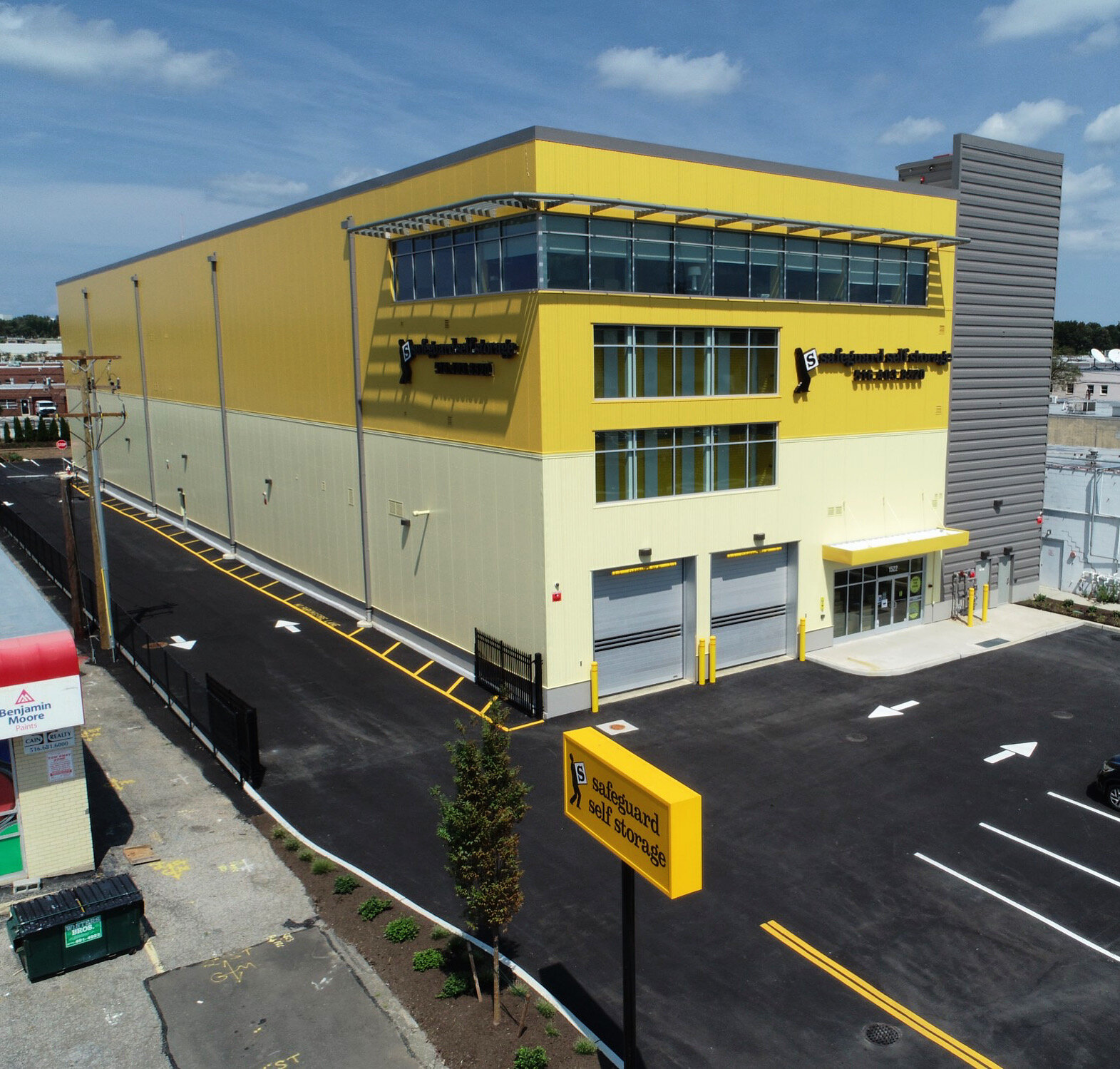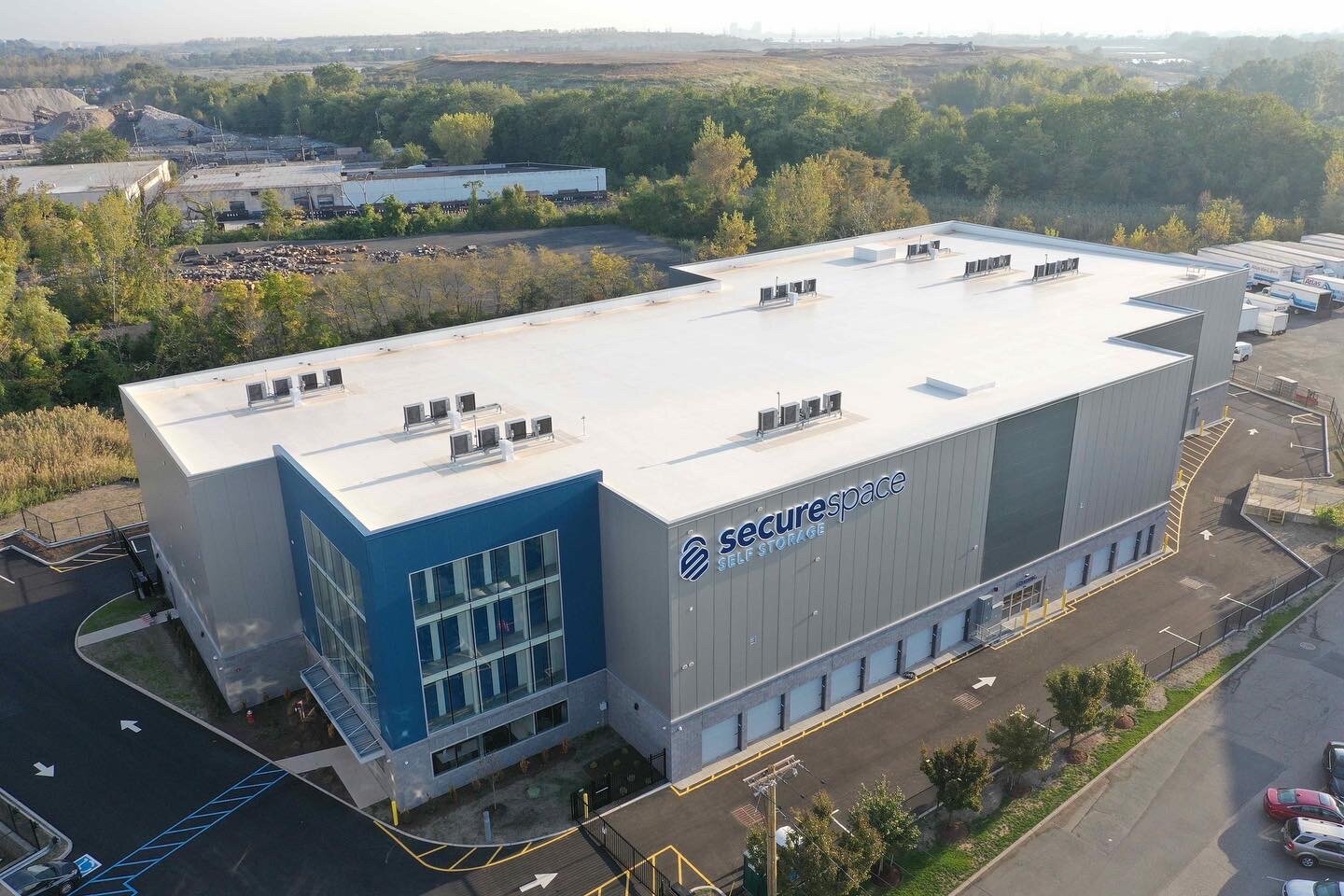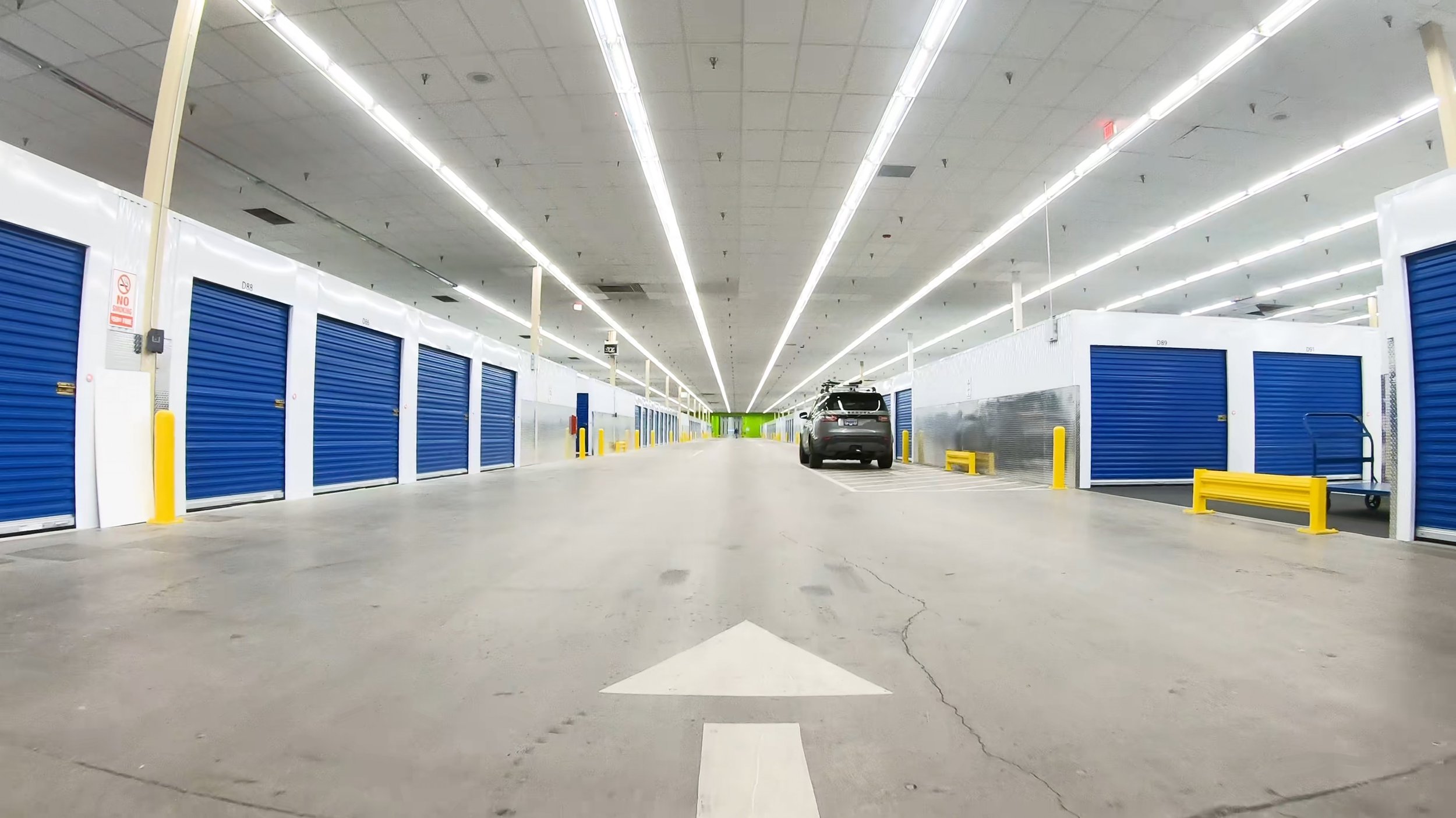Maximize Your Annual Income Owning Storage Units
There’s more than one way to increase annual income and help solidify your financial future. Some people work towards getting a promotion that leads them to higher-paying roles. Others look at starting a business.
If you’re in the latter category, then you’re not alone. Some 5 million Americans start a business every year, though, of course, some businesses are more successful than others.
While there’s no such thing as a “slam dunk” business that’s guaranteed to succeed, some do have increased chances of success.
One such example is owning and renting storage units. With the demand for more storage space now stronger than ever before, there’s never been a time to begin earning an annual income owning a self-storage facility.
In this post, we’ll run through some key information regarding the profitability of storage units, as well as how to start a storage unit business and other key details. Already decided that you want to build a relatively passive income by owning a self-storage facility?
Get in touch with us here at the Storage Building Company to get a cost-efficient, quality self-storage facility.
Annual Income Owning Storage Units
If you’re thinking of operating a self-storage unit business, then there’s some good news: this business has a history of generating a great annual income.
On average, self-storage facilities tend to generate somewhere between $350,000 - $800,000 a year. Of course, that’s just an average — some self-storage units earn more, while others less.
There’s no hard and fast equation for figuring out how much your business will generate, in large part because there are simply so many factors that contribute to the level of success that a self-storage unit business can achieve.
The biggest influence will be the location. You’ll need to have a location with a large catchment area (as in, plenty of people who may need a storage unit live nearby) and which has an attractive site price.
Storage units in large cities tend to get a lot of customers, but more rural areas benefit from cheaper land costs. If you can strike a balance between those two factors, then you may find that you generate profits towards the topper end of the scale.
Storage Unit Business Profitability
The figures we’ve outlined above refer to the overall income, not the profit. You’ll have a long list of operating expenses to cover before you get to bask in those glorious profits.
For instance, you’ll need to pay for the site itself, any loans you’ve taken out to fund the venture, staff, management systems, and so forth.
Profit margins tend to hover around the 40% mark. On average, the self-storage industry turns a profit of slightly more than $175,000, which is no loose change.
That’ll be dependent on having a revenue of slightly more than $400,000 a year, which is a realistic goal for business owners that run more than 40,000 square feet of storage unit space.
There are other ways to increase profitability beyond adding more space to your self-storage facility. For instance, if your business is well-run, has minimal staffing expenses, and has a smart marketing strategy, then you can save on many of the expenses that can eat into profits.
How Much Do Storage Units Make?
You can’t put a firm price on how much storage units make. Every self-storage business will be different. As we’ve seen above, there’s definitely a lot of potential for generating healthy amounts of revenue and profit, but how much your new business makes specifically will depend on a wide variety of factors.
Plus, there’ll be a matter of time, too — businesses tend to make more money in their second and third years of operation than they do during their first year.
Let’s take a look at some of the key factors that’ll determine how much cash flow your self-storage unit business will make:
How You Operate
Some self-storage facilities are fully dependent on staff. Others rely heavily on technology and software to manage key aspects of their operations, such as bookings, payments, and communication.
In some instances, such as small businesses, it’s cheaper to use employees; for larger businesses, technology and automation are usually best.
Your Target Audience
The more people there are in your business's catchment area, the more likely it is that you’ll generate a good income. The most successful self-storage facilities tend to be the ones that best accommodate the needs of the local population.
For instance, there’d be little value in having a huge self-storage facility in a town of 10,000 people. On the other hand, having a small self-storage facility in a huge city wouldn’t make sense either.
Competitors
There’ll need to be a demand for your storage unit services for your business to work, and if there are already plenty of storage unit companies operating in your chosen area, then you may struggle to win customers.
The exception to this is when a self-storage business is at full capacity (in which case, their presence may be an advantage), or when you have a unique selling point over another self-storage business (for example, you’re cheaper).
Buying Versus Renting
There are pros and cons to both buying or renting the land for your self-storage business. Renting will typically require significantly less starting capital, but it could also negatively impact your long-term profitability since you’ll always be paying rent (unless you have the option to buy the land further down the line).
Buying land will require more money — and more work — in the early stages, but will boost your profit margins and just generally make your self-storage business more valuable, which can be a huge asset if you ever decide to sell your business.
Buying a Storage Unit Business
There’s more than one way to get into the self-storage business game. One way is to do things entirely on your own. The other option is to buy an existing storage business. As with everything else related to storage units, there are advantages and disadvantages to both, and it really comes down to what you’re looking for.
If you’re going down the buying route, then be sure to keep the following tips in mind:
Consider the Motivation
Running a storage unit is less demanding than other businesses, but it still requires work, even if a steady stream of customers comes included with the purchase. Having a clear understanding of why you want to buy a storage unit business can prevent problems down the line.
Finding the Storage Unit
In an ideal world, you’d buy a storage unit business that’s just down the road from your property. But it isn’t an ideal world. Keep your search parameters wide until you find one that’s right for you.
Market Research
The storage unit may be successful now, but will it be successful in five years? It’s best to conduct thorough market research to determine the long-term viability of the business, in much the same way you would if you were starting a new venture.
Get Your Funding
Competition to buy existing self-storage unit businesses can be competitive, especially in busy urban areas. Having all your financial ducks in a row before you make your proposal will increase your chances of your bid being accepted.
Starting a Storage Unit Business
Starting a self-storage unit business is similar to the process of buying an existing storage unit business. Market research, funding, and location are all paramount when it comes to success.
In addition, you’ll also need to consider the mix of units (sizes, climate-controlled versus non-climate-controlled), marketing, and fitting the space — for example, working with a business that can design and fabricate your storage units.
It’s important to keep in mind that success often comes slowly, but once you’ve invested the time, energy, and money to create a quality self-storage unit facility, you’ll be in a position for long-term success.
How to Operate a Storage Business
The most difficult part of starting a storage unit business is at the beginning. Once you have your fitted-out site, you’ll find that you can comfortably manage your business with the help of storage unit business software and a few key employees (cleaners, reception staff if necessary).
Most of the tasks related to running a storage unit business come down to maintenance, ensuring that everything inside the facility is in good condition and working exactly as it should, along with marketing your business to win new customers.
Self Storage Profit Margin
Self-storage profit margins tend to be around 40%, but can be more or less depending on a variety of factors. For instance, businesses that own the land rather than rent tend to have higher profit margins over a long-term basis (since they remove the rent expense).
Profit margins are more dynamic than in other industries, though, in large part because you have more control over profitability.
Is Storage Business Profitable?
The bottom line for self-storage unit businesses is that they can absolutely be profitable. If you have a good location, local demand, and a fair pricing strategy, then you’ll be likely to build revenue and generate profit.



